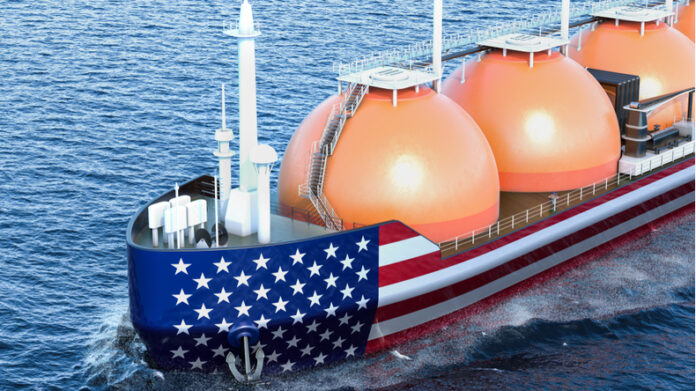A joint venture developing the first marine liquefied natural gas (LNG) fuel facility on the U.S. Gulf Coast has secured final permits, with construction set to begin later this year, project executives said Monday.
The facility, located on the Texas City Ship Channel, will supply LNG by fuel barge to the expanding fleet of LNG-powered vessels in the Houston-Galveston region. The Galveston LNG Bunker Port (GLBP) company, a joint venture between Houston-based Pilot LNG and Seapath, a subsidiary of global business group Libra, will operate the project.
The total cost of the project is estimated at around $300 million. Final authorizations were granted by the U.S. Army Corps of Engineers and the U.S. Coast Guard, allowing construction to proceed.
Initial bunker deliveries are planned for the second half of 2027. The first phase will produce 360,000 gallons per day (gpd), expected within approximately two years, with a second phase doubling capacity to 720,000 gpd shortly thereafter.
Seapath President Josh Lubarsky said the project positions GLBP as the first dedicated LNG marine fuels supplier in the U.S. Gulf, committing significant financial resources to establish a clean fuel supply hub in the region.
The GLBP facility will be the second dedicated LNG bunkering site in the U.S., following JAX LNG’s 360,000 gpd plant in Florida. GLBP will support Port Houston, the largest U.S. port for waterborne tonnage, which generates $906 billion in national economic value.
Libra Group, with over 50 years of maritime experience, owns Lomar Shipping, which operates a fleet of more than 40 vessels. Libra’s subsidiary Americraft Marine owns and operates a Jones Act shipyard in Florida, constructing vessels for the offshore wind industry as well as tugboats and barges.
The project aligns with U.S. efforts to expand LNG exports and promote cleaner marine fuels, particularly to reduce Europe’s reliance on Russian gas following the Ukraine conflict. LNG use in U.S. ports does not require export licenses, opening a growing domestic market for marine fuel.




